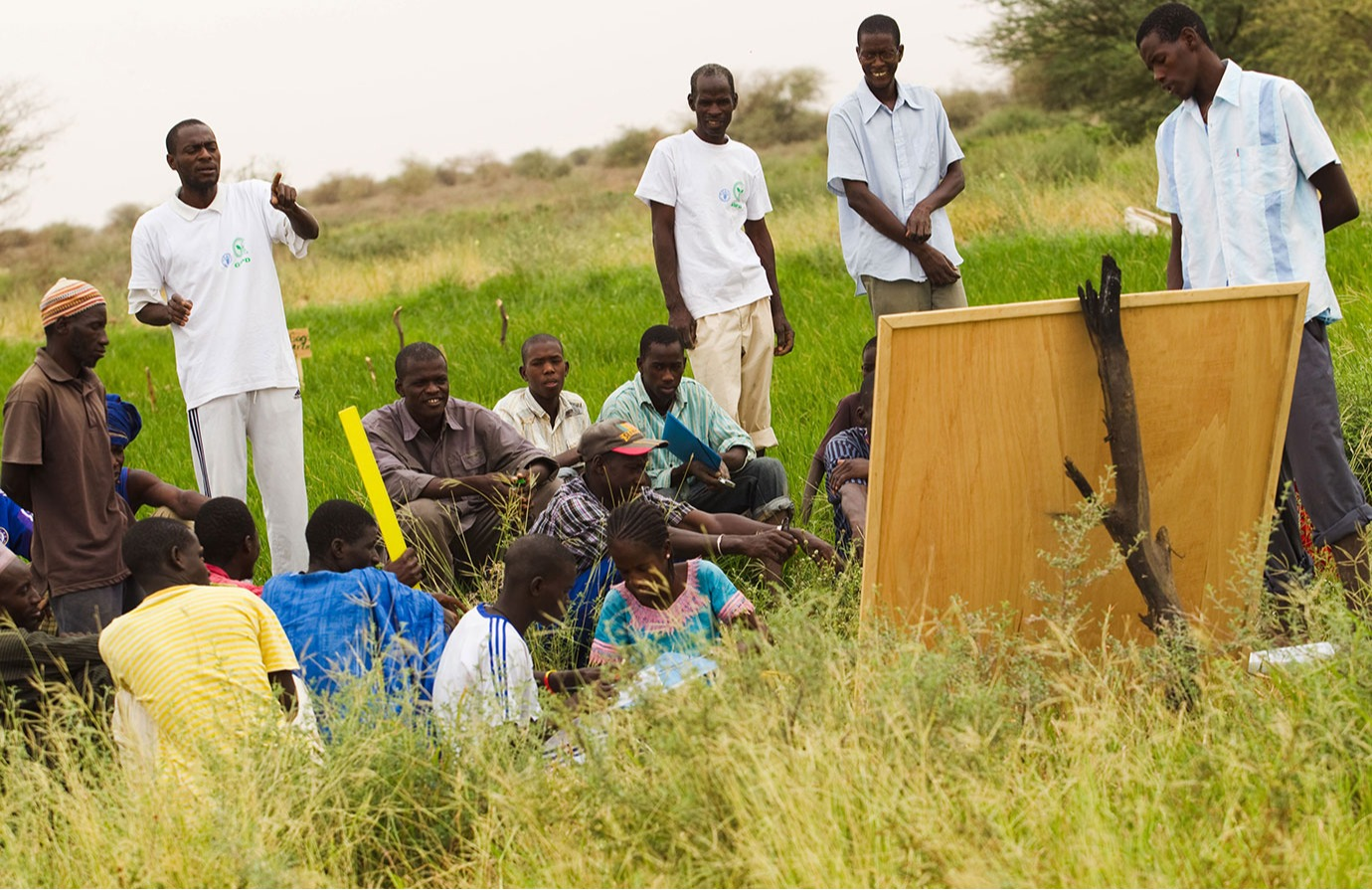Topic outline
This course was created with Adobe Flash technology. Since this technology is no longer supported by modern internet browsers, the online version was removed. The downloadable version is still available. In order to access it, please read the instructions in the System requirements section below.
The objective of this course is to provide guidance and to assist programme managers, and monitoring and evaluation officers on the use of qualitative methods to assess the impact of food security and nutrition development programmes.

The target audience for this course includes both users and generators of information on programme impact:
- programme managers and designers;
- monitoring and evaluation officers;
- external evaluators, government officials; and
- donors and other decision makers.
- Understanding the context of the assessment.
- Different methods used in the context of an impact assessment.
- Defining what information to collect.
- Identifying the assessment sample.
- Defining qualitative assessment techniques.
- Benefits of using qualitative methods in an impact assessment
- Gathering data
- Analysis and reporting
The course consists of 7 lessons, ranging from approximately 20 to 90 minutes duration each, grouped into three units:
Unit 1 - Introduction to Qualitative Methods for Impact Assessment- Lesson 1.1 - Overview
- Lesson 2.1 - Understanding the Context of the Assessment
- Lesson 2.2 - Defining what Information to Collect
- Lesson 2.3 - Identifying the Assessment Sample
- Lesson 2.4 - Defining Qualitative Assessment Techniques
- Lesson 3.1 - Gathering Data
- Lesson 3.2 - Analysis and Reporting
The interactive version of the course is available as a downloadable package and only runs on Windows PC’s and doesn't require any additional software. Please read the following instructions.
Evaluate this course
We would be pleased to receive your evaluation of this course, to support us in improving future e-learning courses. Please click on the button below to answer the questions in the form. It should only take you a few minutes!

